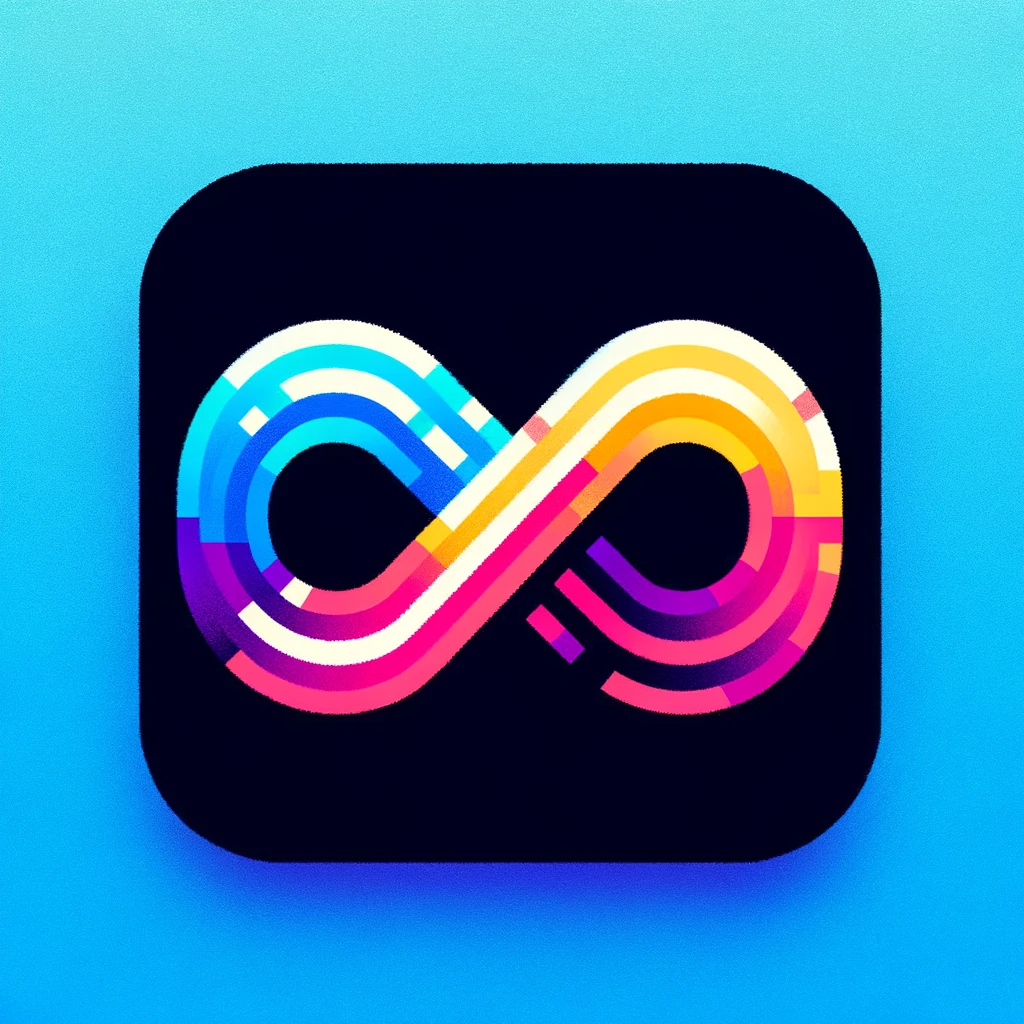Automated Identification of Inclusiveness User Feedback: Testing the Effectiveness of 5 LLMs
by
January 10th, 2024
Audio Presented by

The FeedbackLoop offers premium product management education, research papers, and certifications. Start building today!
About Author
The FeedbackLoop offers premium product management education, research papers, and certifications. Start building today!
